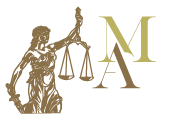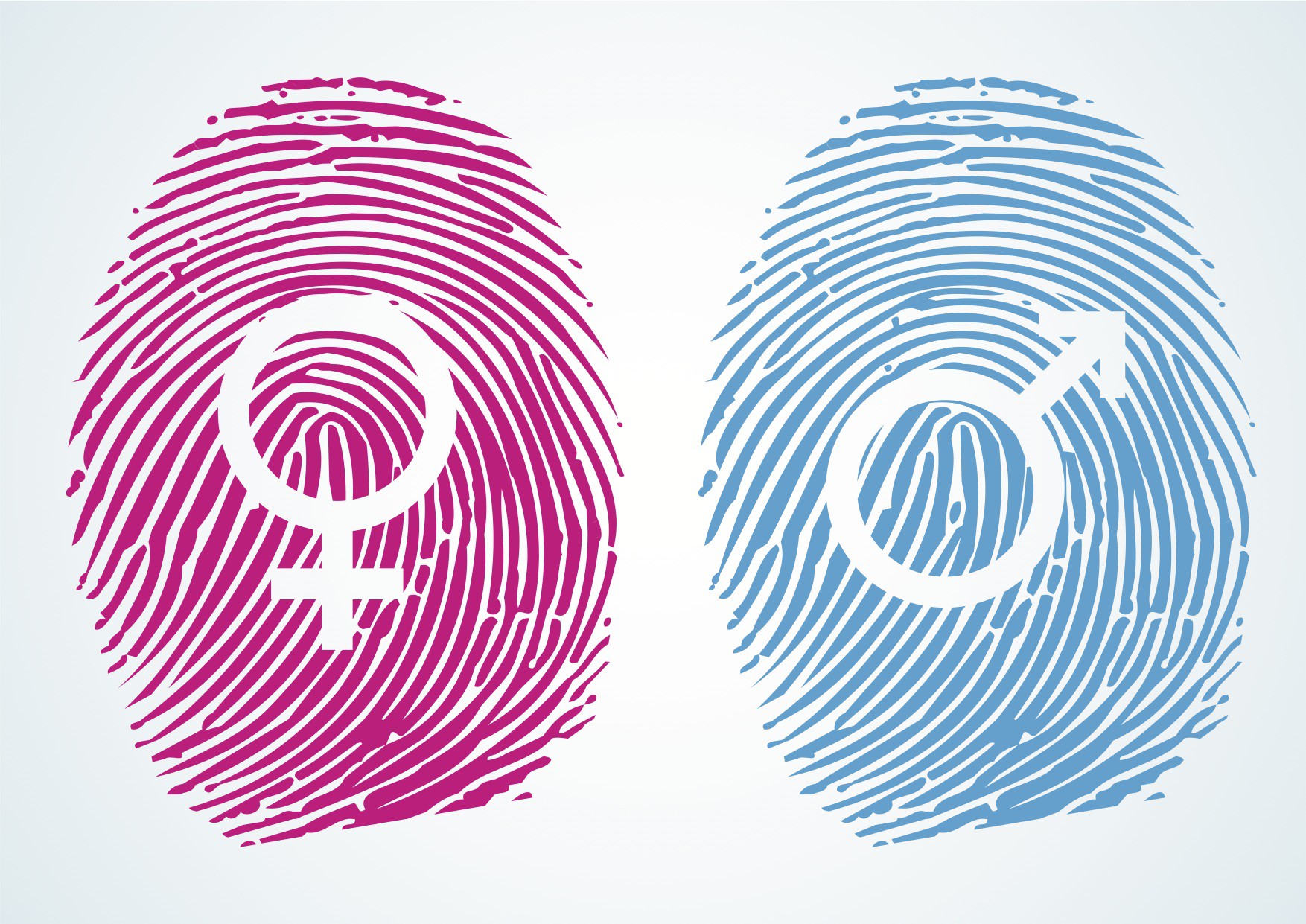As the law itself stipulates, «gender identity means the internal and personal way in which a person experiences his or her gender, regardless of the gender registered at birth on the basis of his or her biological characteristics.» (No. 2) So we are talking about cases where there is a discrepancy between the sexes registered after the birth of the person (biological sex / sex), and the way the person perceives and externalises his sex (gender) (no. 3).
The law does not address the issue of «gender reassignment» at all, as is usually the case with medical treatment and surgery. After all, gender reassignment has been covered as a medical but also as a legal event since 1976 (Law 344/1976), as later the law was interpreted and applied by the jurisprudence of the Greek courts with only the consent of the individual or his parents for minors. The law on the legal recognition of gender identity does not concern at any level any intervention in the individual’s body. On the contrary, it refers only to the legal correction of administrative documents.
This is the essence of the new law. In other words, a person who feels inconsistent with his body in terms of gender now has the right to change his administrative documents (eg identity card, passport) so that they correspond to how the person himself He feels and expresses his gender identity, without being forced to undergo medical procedures that often include amputation, sterilization and other, deeply invasive procedures on the person’s body. Legal recognition of gender identity is therefore completely independent of any medical or surgical procedure.
A special discussion took place specifically on Article 3 of the law, which provides for the establishment of an age limit on the process of correcting data concerning a person’s gender identity. We have already clarified that medical «gender reassignment», which is in any case defined by other, already existing, legislation, is a completely distinct issue from the correction of the legal gender identity, which is a purely administrative act. The law therefore stipulates that a person can correct his or her registered gender data from the moment he or she becomes an adult voluntarily.
In case the person has reached the age of 17, the consent of the parents or the foster parents is required. From the age of 15 to 17 this is done in addition to the positive opinion of an interdisciplinary committee in which a) a child psychiatrist, b) a psychiatrist, c) an endocrinologist, d) a pediatric surgeon, e) a psychologist, and a social minister and g) a pediatrician (no. 3).
As for minors under the age of 15, changing their management records can only be done with the consent of the parents and the medical council, thus striking a significant balance between ensuring the individual’s personal will and ability. its real expression on the one hand, and the protection of its minority on the other.
The conversion of administrative documents that do not comply with the identity of a person as he defines it has significant implications for the way this person lives, moves, and transfers the rights and obligations assigned to him by the state. These effects are directly related to the individual’s access to administrative, legal, medical, political and social processes in general without which other rights are impeded, such as those of privacy, self-determination, autonomy, equality and access to social rights.
The law leaves some pieces either uncovered or problematic in relation to European legislation, such as the issue of providing for blank gender registration or discrimination based on marital status, as it does not allow married people to correct their details, but also the age-based discrimination. However, the issues that remain open can now be settled by the jurisprudence of the courts.









